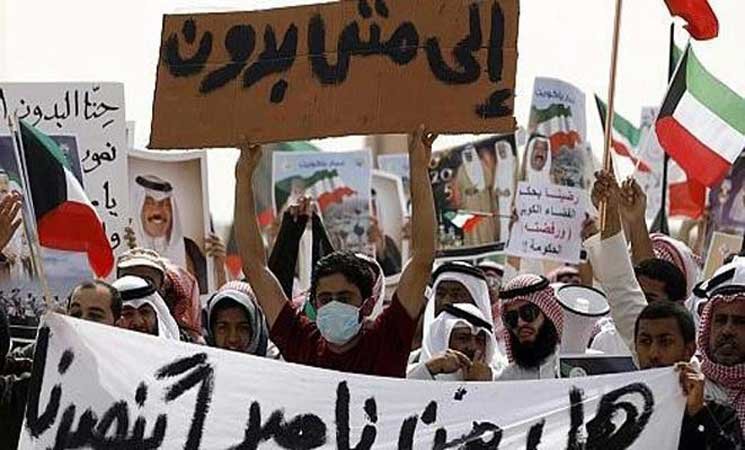On 24 June, ADHRB has delivered an oral intervention at the United Nation Human Rights Council session 47 during interactive debate with Special Rapporteur on the right to adequate housing.
Mr. Rapporteur,
We would like to bring to your attention the situation of the Bidoon, a stateless community living in Kuwait. The Bidoon represent one of the biggest stateless groups in the world. Considered as illegal residents, they are routinely targeted by the Kuwaiti authorities and their human rights are systematically violated.
These human rights violations include, among others: access to education, housing, healthcare, and employment. Due to this discrimination, the Bidoon tend to live in poverty and to be socially segregated. Most Bidoon live in slum-like settlements on the outskirts of the Country’s main cities, where they lack adequate housing. There is a clear policy by the Kuwaiti government to legally punish landlords who sign any rental agreement with any Bidoon family, making much more difficult for a Bidoon family to find adequate housing.
These discriminations lead to a very high suicide rate among the youngest of the community. The 26-year-old Yaqub Abdullah, the 11-year-old Jaled Alshamari, and the 12-year-old Ali Jaled, are just some of the young that committed suicide since the beginning of 2021, showing the physical and mental distress arising from these systemic discriminations.
Given the housing discrimination practices implemented by the Kuwaiti government against the Bidoon community; what policy steps would you recommend to the Kuwaiti government to end these discriminatory policies?





